Embracing the Uncertainty: What I Learned from My Evacuation During the 2014 Ebola Outbreak
BY JOSH UTTER | March 17, 2020
As I continue to see more cancellations and postponements announced as a result of COVID-19, my heart goes out to all those whose hard work in the classroom or on the basketball court has ended in an unexpected flash. For one thing, it seems unfair to be deprived of a celebration for your accomplishments. Four years of college, four years on the court, two years of grad school, whatever it may have been, you don’t want to see it end like this—a potentially canceled graduation ceremony, no final tournament, a whimper of a finish to years of tears, sweat, and joy. Perhaps this can compare to the disappointment and sorrow the disciples experienced when they saw Jesus on the cross—all our work… for this?
In 2014, I was in Sierra Leone during the early stages of the Ebola outbreak. I had finished my first year as a Peace Corps Volunteer in a town called Masingbi and was looking forward to a second year. As many Peace Corps Volunteers will say, the second year of service is when you finally start to “get it.” You’re more accustomed to the culture, your fluency in the local language has increased, and you finally know who to partner with to get some tasks done in the local community. It takes months of dedication to your community to reach this point in your service, and, once you reach it, you feel ready to take on the world.
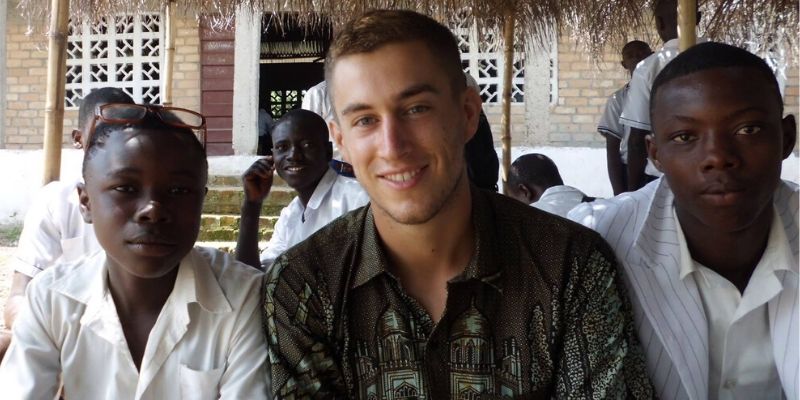
The author with two of his students students from Maranatha Christian Secondary School in Masingbi, Sierra Leone.
However, as the summer progressed, it became clear that the Ebola outbreak wasn’t going away. It spread quickly across Sierra Leone, Liberia, and Guinea, and it took its toll. From summer 2014 to spring 2016, 14,124 cases were reported resulting in 3,956 deaths in Sierra Leone alone.
Ultimately, Peace Corps wisely decided that all volunteers would be evacuated in late-July of 2014. The evacuation was speedily done, as I arrived back at my permanent address within a week of being notified of evacuation. As we were debriefed before our departure, Peace Corps told the volunteers to expect to return to Sierra Leone within months. That, of course, did not happen. Our service was closed within a couple of months. We were notified by email, and there was to be no closing ceremony. So much was left unfinished, not enough final goodbyes were said, and I felt crushed.
It took me a while to recover from this abrupt end. Guilt washed over me as I thought of all those I left behind and the promises I made that were now broken. I was frustrated by the American media and how it did so little to help Americans understand why Ebola was so devastating in West Africa. And I felt powerless as I grappled with what would I do next. Why did it all have to end in such a way, God?!
As I tried to discern next steps, I spent these darker days at home with my parents. My mother, a lover of all things Catholic, covered the coffee table at home with books about the lives of Saints, the Blessed Mother, or the Eucharist. I’m convinced that she left them out with the hope that someday a child of hers would pick one up, read it, and decide right then and there that he or she would become a priest or nun. Well, my mother’s magic (prayers) worked, and one day I found myself reading a book about the lives of saints. It became the book of the week. I was hooked.
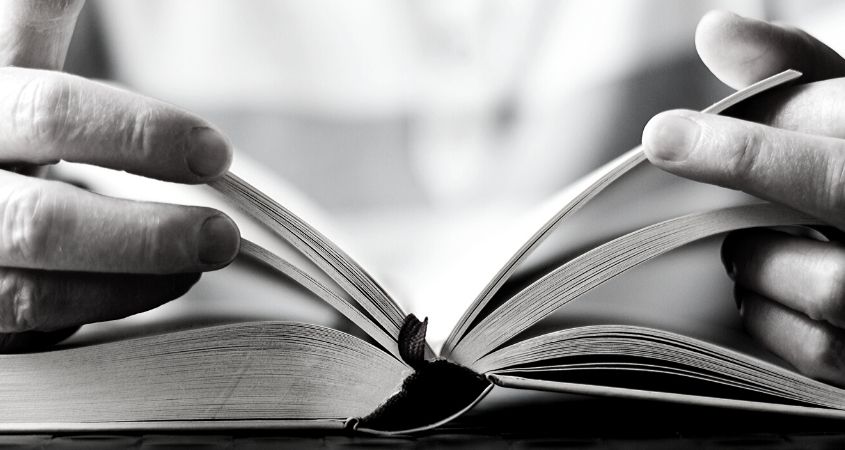
The stories of the saints moved me in a way that I wasn’t prepared for—who knew people could demonstrate such grace in the midst of war, persecution, and disease? Whether it was St. Aloysious Gonzaga who gave his life to the victims of an epidemic or Pope Saint John Paul II assisting refugees during World War II, I found people who remained firmly grounded in their faith. While their lives had been upended, the constant was their service to others, no matter the circumstances. It’s a lesson for all of us in the time of coronavirus.
As I reflected upon these stories, a light turned back on within me. Why had I decided to serve in the Peace Corps? Had I lost the faith that inspired my actions? No, it was still there, just buried underneath feelings of guilt, resentment, and deep frustration. I needed to dig deep and rediscover that well of life. In other words, I needed to rediscover me—as God created me.
It’s easy to lose yourself as you deal with the unexpected, understandably, as it can be so disorienting. But that’s when it’s more important than ever to give yourself a moment for some quiet and reflection, for it’s in those moments that so many things can be revealed. For example, when St. Ignatius of Loyola was convalescing after his leg was badly injured in battle, it was his inability to move that brought him into a moment of revelation. Rather than being slowed down by his injured leg, St. Ignatius went on a spiritual journey from which so much is still being revealed. Why not use this time for a similar journey?
So, for all the students, athletes, and anyone else out there disappointed by how this outbreak has resulted in an anticlimactic finish to your efforts, please remember why you made those efforts in the first place. There might not be a graduation, ceremony, or tournament, but there’s still you with your dreams and hopes. Permit them to keep guiding you, for they brought you to this moment and will bring you to much more. Keep them close to your heart and allow yourself to be moved.

Josh Utter is originally from Madison, WI, and a graduate of Loras College in Dubuque, IA. Based in Phoenix, AZ, Josh is the outreach officer for Jesuit Refugee Service/USA.

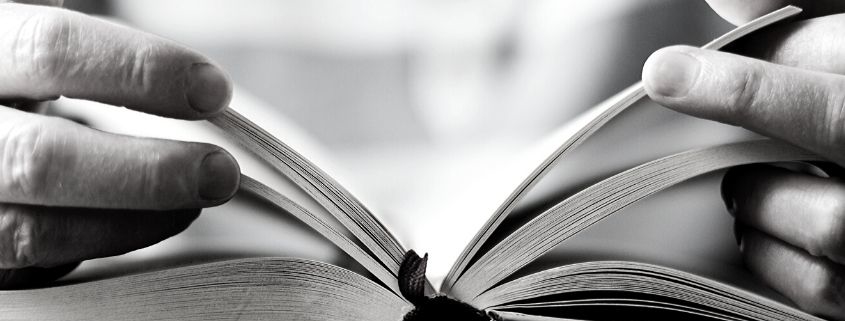
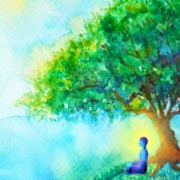

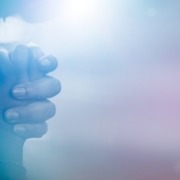



 Jesuit Refugee Service
Jesuit Refugee Service
Volunteering to serve without looking for reward is the way forward. The Bhagvad Gita calls it Karma Yoga.